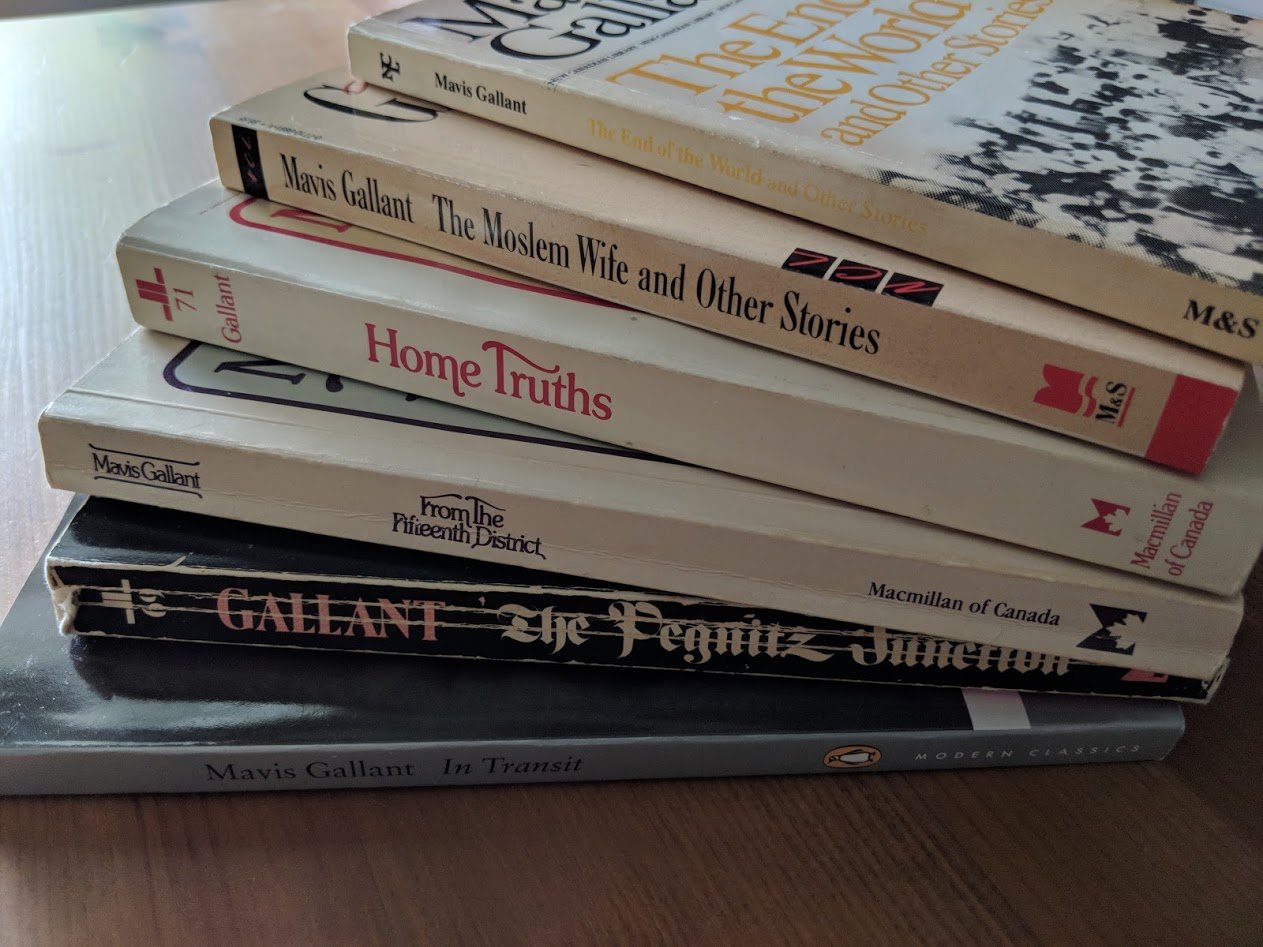The Carol Shields Prize for Fiction 2024 (2 of 4)
Buried In Print2024-04-08T21:04:26-04:00Louise Erdrich and Barbara Kingsolver, Amy Tan and Elizabeth Strout: these are some of the writers whose stories about parenting, and being parented, stand out in my mind. Claudia Dey’s fiction could be included here, too, although her stories spiral around alienation and abandonment—the ways in which those who





